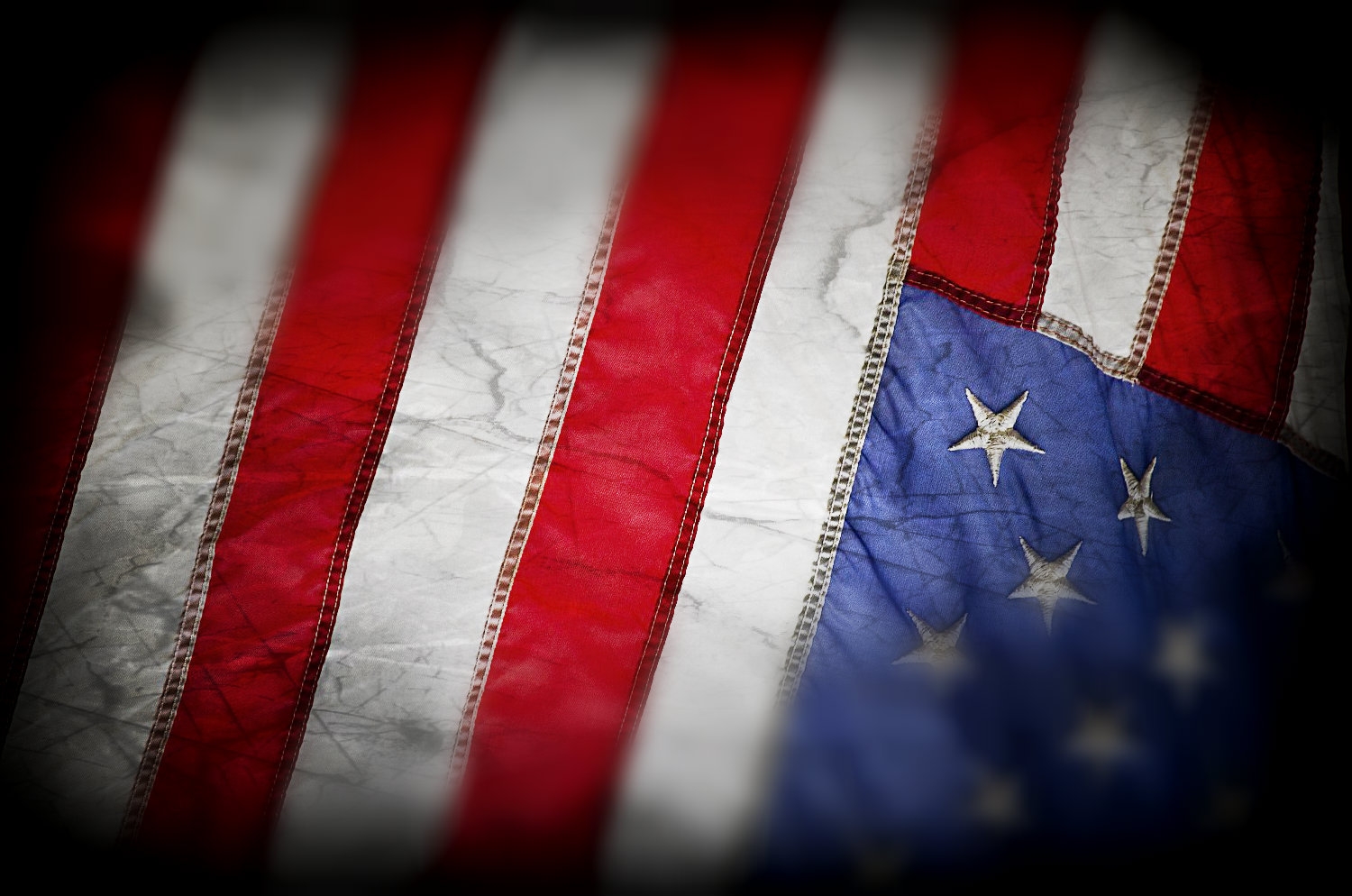As Nedra Pickler first reported, Judge Emmett Sullivan has submitted a scathing order describing the results of an investigation into the Ted Stevens prosecution.
Based on their exhaustive investigation, Mr. Schuelke and Mr. Shields concluded that the investigation and prosecution of Senator Stevens were “permeated by the systematic concealment of significant exculpatory evidence which would have independently corroborated his defense and his testimony, and seriously damaged the testimony and credibility of the government’s key witness.”
[snip]
Mr. Schuelke and Mr. Shields found that at least some of the concealment was willful and intentional, and related to many of the issues raised by the defense during the course of the Stevens trial. Further, Mr. Schuelke and Mr. Shields found evidence of concealment and serious misconduct that was previously unknown and almost certainly would never have been revealed – at least to the Court and to the public – but for their exhaustive investigation.
Sullivan’s investigator, Henry Schuelke, found the lawyers involved could not be charged with criminal contempt because they had not been explicitly ordered to follow the law.
Mr. Schuelke bases his conclusion not to recommend contempt proceedings on the requirement that, in order to prove criminal contempt beyond a reasonable doubt under 18 U.S.C. § 401(3), the contemnor must disobey an order that is sufficiently “clear and unequivocal at the time it is issued.” See, e.g., Traub v. United States, 232 F.2d 43, 47 (D.C. Cir. 1955). Upon review of the docket and proceedings in the Stevens case, Mr. Schuelke concludes no such Order existed in this case.
But he did hint that at least some of the six attorneys might be charged with Obstruction of Justice (which DOJ would have to do).
Mr. Schuelke “offer[s] no opinion as to whether a prosecution for Obstruction of Justice under 18 U.S.C. § 1503 might lie against one or more of the subject attorneys and might meet the standard enunciated in 9-27.220 of the Principles of Federal Prosecution.”
One of the attorneys investigated here, of course, is William Welch (the others are Brenda Morris, Edward Sullivan, Joseph Bottini, and James Goeke, as well as Nicholas Marsh, who committed suicide last year), who has overseen the Jeffrey Sterling and Thomas Drake cases.
Now, Sullivan made it clear that at least some of the lawyers involved might be well served for Schuelke’s report to be made public.
in fact, under these circumstances, some or all of the subjects may be prejudiced by withholding the results of Mr. Schuelke’s Report from the public;
So we can’t be sure whether Welch was directly implicated in the misconduct, or whether just those lawyers who reported to him were.
But Welch’s prosecutions since have been beset by the same kind of prosecutorial problems as the Stevens one. For example, in the Drake case, the government didn’t tell the defense that one of the documents they charged Drake with leaking was unclassified until 10 months after the indictment. Then, when they tried to apply CIPA to unclassified documents, they did so after the opportunity to object had passed. The judge in that case, Richard Bennett, called the prosecution “unconscionable.”
And in the Sterling case, it appears that Welch postponed telling Sterling that one of the key witnesses against him had herself leaked classified information until after the opportunity for discovery on that leak had passed–the same kind of derogatory information on a key witness the Stevens prosecutors withheld.
In other words, we can not be sure that Welch committed the misconduct at the heart of the Stevens case. But his ongoing cases do seem to be subject to the same kind of misconduct.
So why is he still at DOJ, prosecuting cases, when an independent investigator has determined this his past prosecution teams didn’t follow the law because they had not been specifically ordered to, and such behavior might amount to Obstruction of Justice?
Updated: Added Bennett’s comments.


